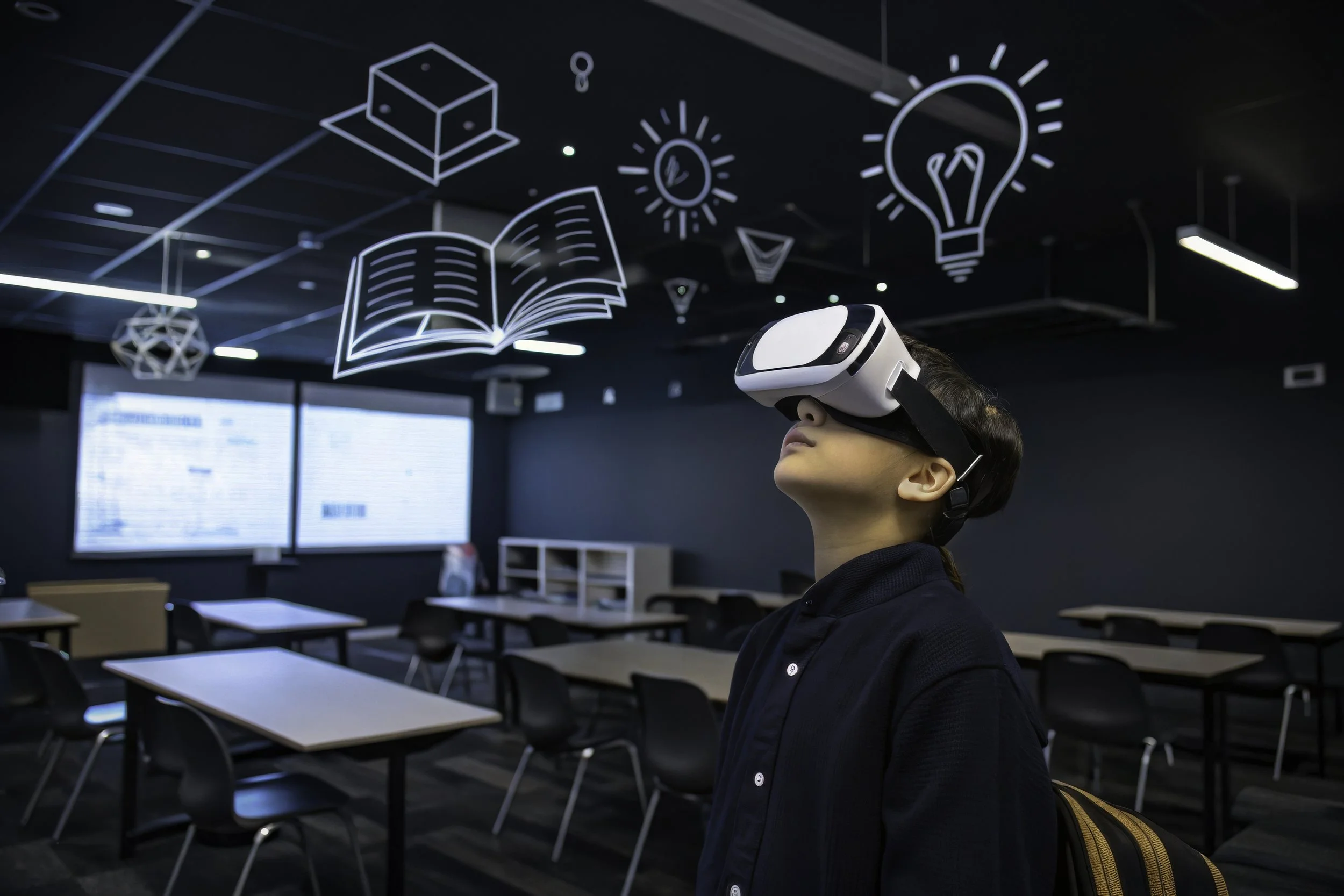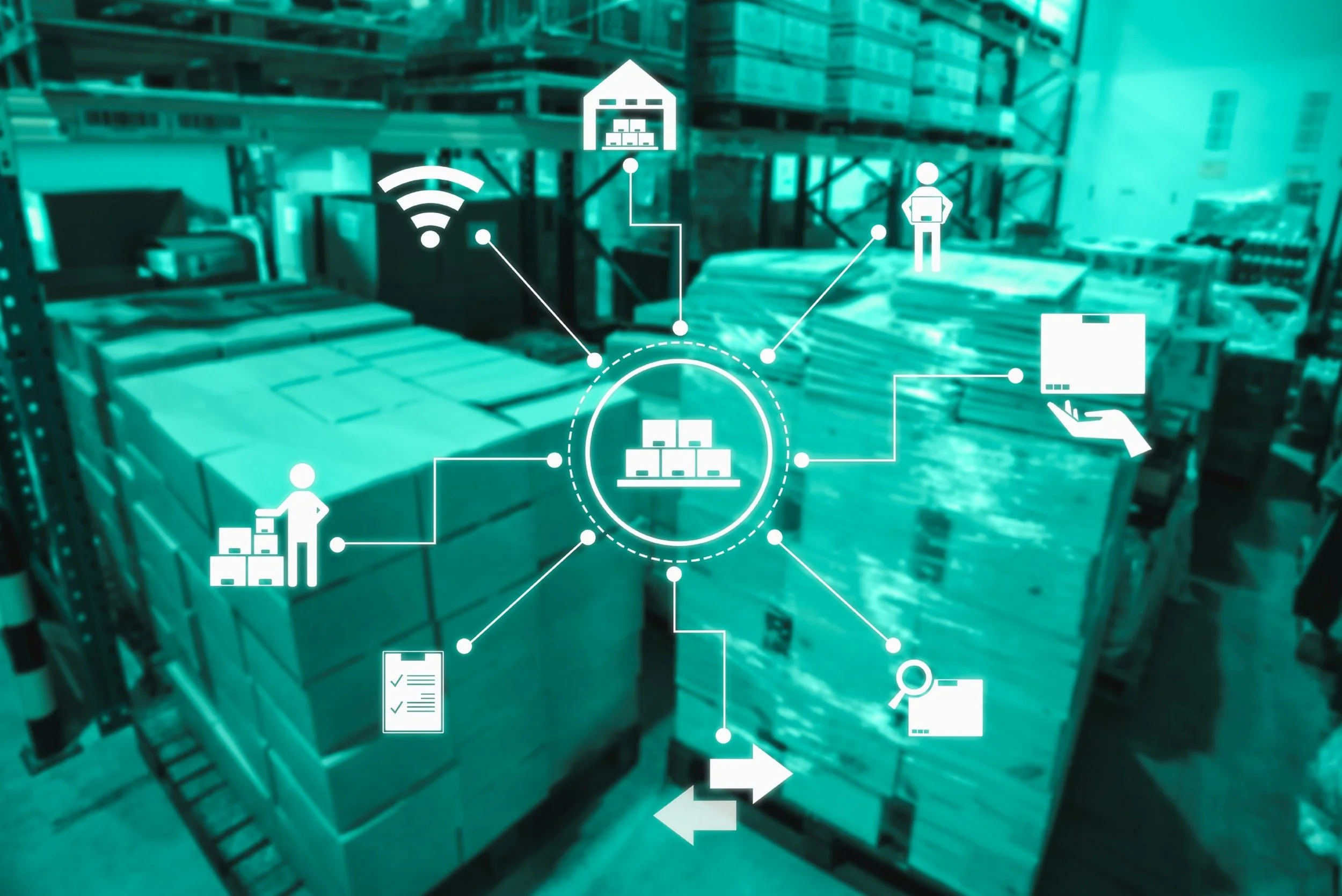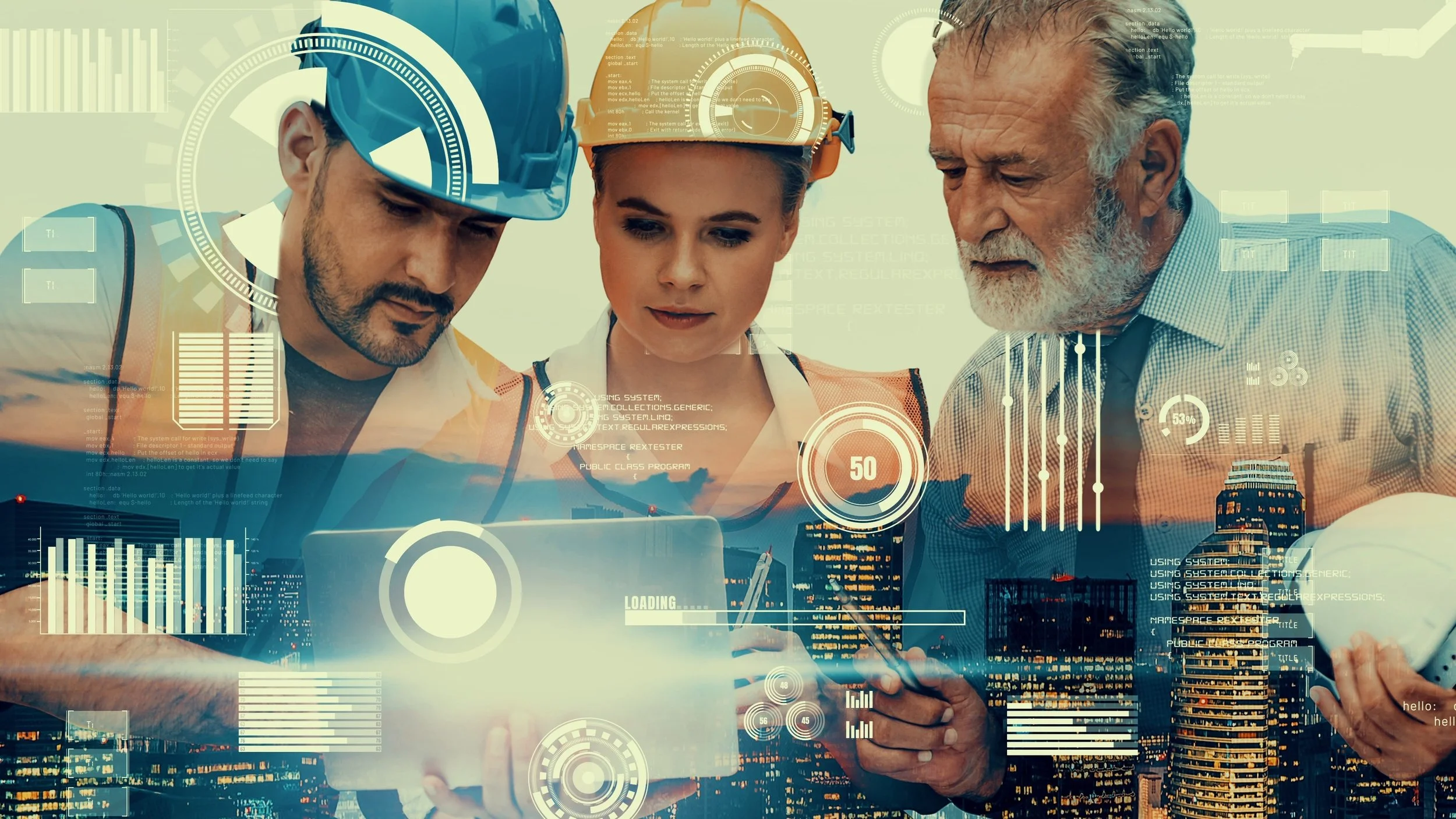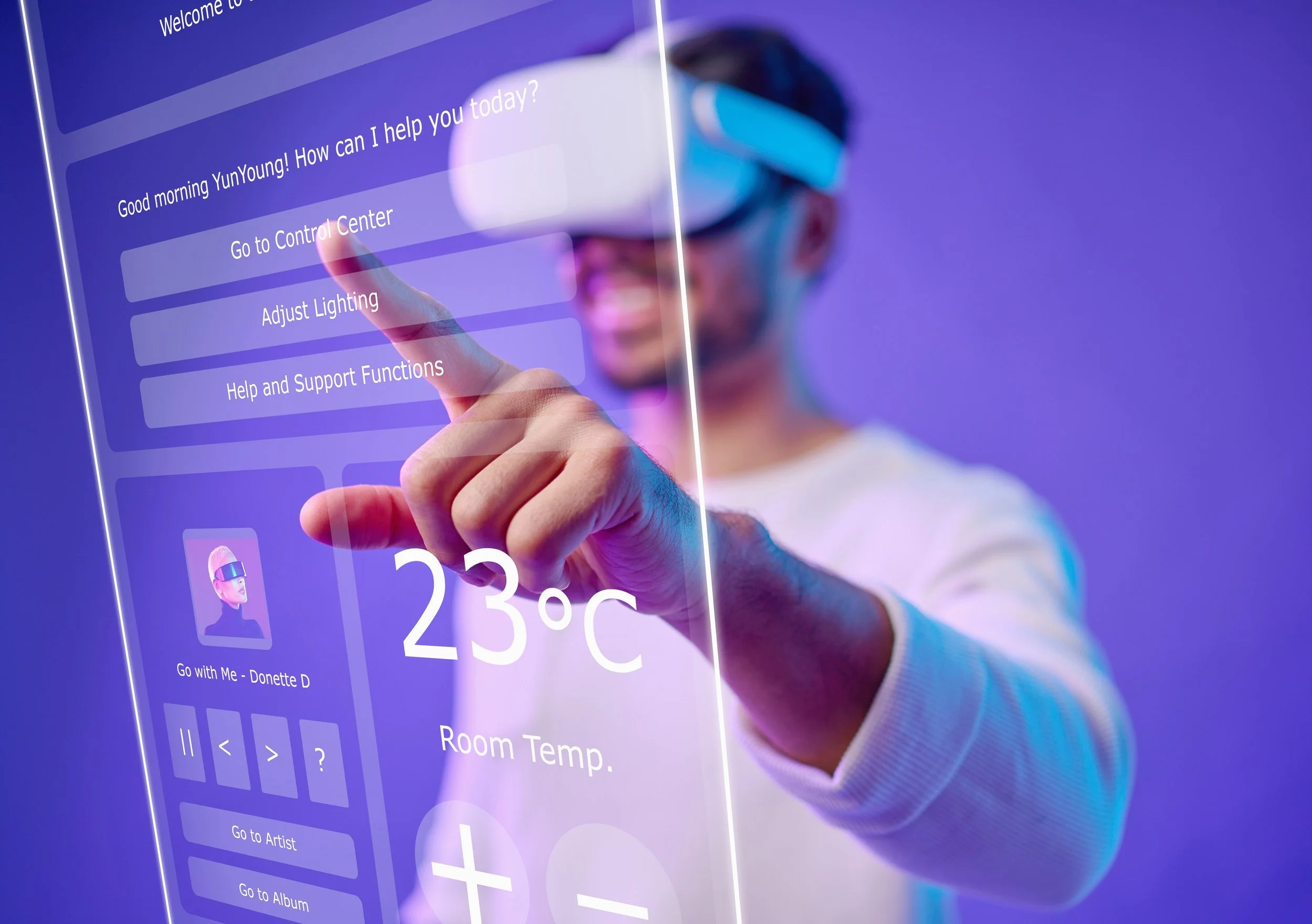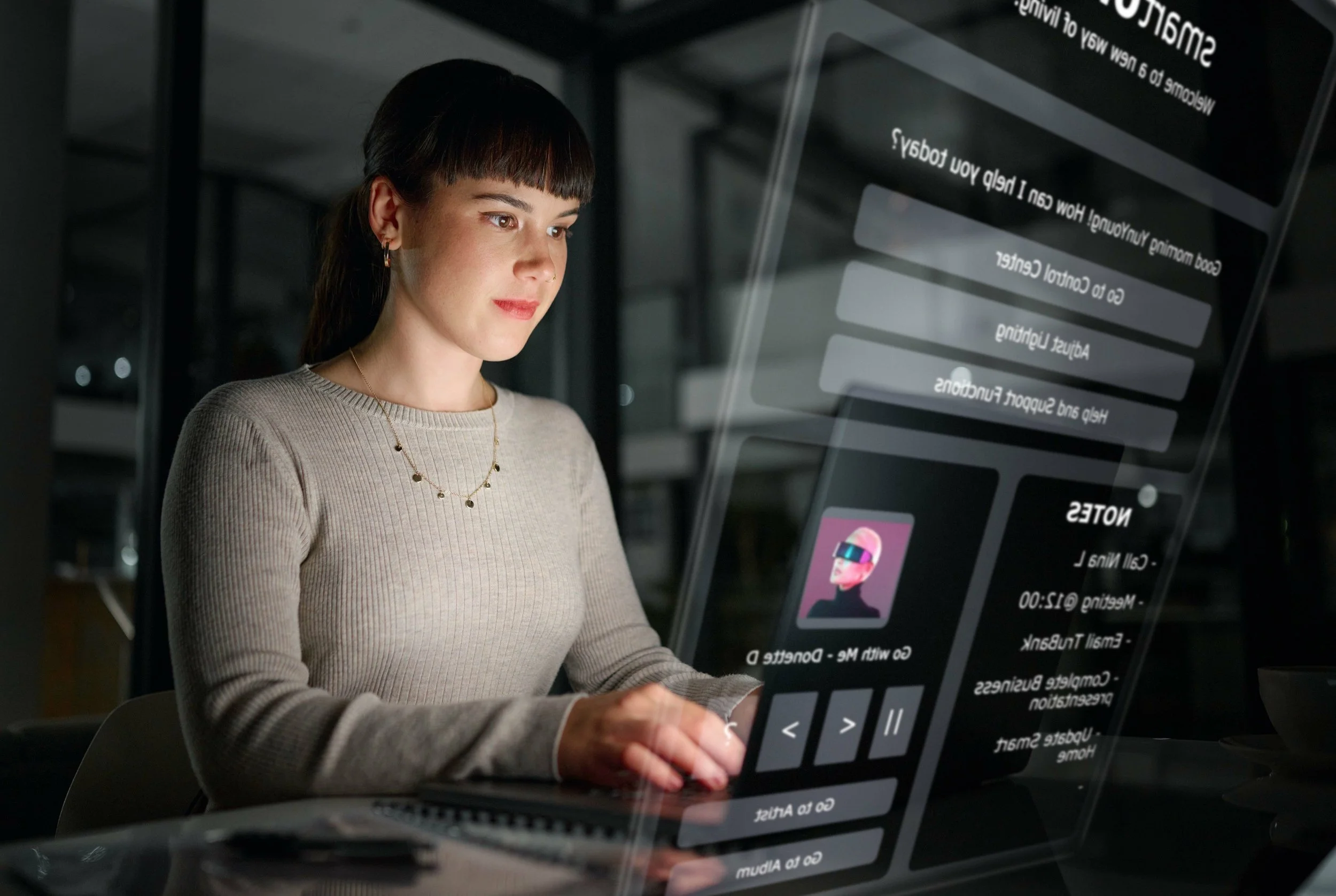
TechNews
Latest updates and insights on tech.
Micro-Credentials in Learning
This article explores how micro-credentials and online learning are reshaping professional development. With flexible, skill-focused courses, professionals can upskill faster and employers can build more adaptive, digitally fluent teams for the future of work.
Gamified Corporate Learning
This article explores how gamification is transforming corporate learning into a more engaging, effective, and continuous process. With interactive tools, rewards, and real-world scenarios, companies are boosting employee performance while making training more enjoyable and impactful.
Personalized AI Tutoring
This article explores how AI tutors and personalized learning systems are transforming education by delivering adaptive, data-driven instruction. By supporting both students and teachers, AI enhances engagement, accessibility, and outcomes in the digital learning era.
The VR Learning Revolution
This article explores how VR is transforming education and training through immersive simulations and virtual classrooms. From developing hands-on skills to enhancing online learning, VR is creating deeper, more engaging learning experiences across industries.
AR-Powered Virtual Shopping
This article explores how Augmented Reality is transforming retail by allowing shoppers to try on and visualize products in real time. From makeup and clothes to furniture and décor, AR enhances confidence, reduces returns, and creates engaging, personalized buying experiences.
Resilient Supply Chain 4.0
This article explores how Supply Chain 4.0 is reshaping logistics through IoT and AI. With real-time data, predictive intelligence, and automation, companies can streamline operations, reduce risks, and stay competitive in a rapidly changing global landscape.
AI and Blockchain Banking
This article explores how AI, blockchain, and quantum technology are transforming the fintech ecosystem. From smarter transactions to decentralized finance and next-gen encryption, these innovations are shaping a more intelligent, secure, and future-ready financial world.
Edge Computing for IoT
This article explores how edge computing is transforming IoT infrastructure by enabling local, real-time data processing. From smart transportation to industrial automation, edge technology is improving responsiveness, security, and system efficiency—powering the next generation of intelligent, connected environments.
Blended Commerce Evolution 2025
This article explores how retailers in 2025 are creating seamless omnichannel experiences that merge in-store, online, and virtual shopping. By integrating data, personalization, and real-time logistics, brands are building unified, flexible journeys that meet modern customer expectations and set new standards in retail.
Modern AI-Powered Offices
This article explores how AI and automation are transforming buildings into intelligent, responsive environments. From real-time energy optimization to personalized comfort settings and predictive maintenance, smart workspaces are reshaping the way we work—driving sustainability, innovation, and well-being.
AI Personalization in Retail
This article explores how AI-driven personalization is transforming retail, offering more relevant experiences while raising critical privacy concerns. It highlights how businesses can personalize responsibly—through ethical AI, transparent data practices, and customer-first strategies.
AI-Powered Public Transit
This article explores the rise of AI-powered self-driving buses and their role in shaping smarter public transportation systems. From improved safety and lower emissions to cost savings and flexible service, autonomous transit is redefining the daily commute and laying the foundation for a more connected urban future.
Predictive AI in Utilities
This article examines how AI is modernizing public infrastructure through predictive maintenance. By combining real-time data with intelligent algorithms, utility providers can anticipate system failures, reduce operational costs, and improve public safety. As cities grow smarter, AI becomes a critical tool in managing essential services.
Digital Twins for Development
This article explores how digital twins are revolutionizing product development by enabling real-time simulation, rapid iteration, and predictive insights. From design to deployment, virtual models help engineers and teams test ideas faster, reduce costs, and optimize every stage of a product’s life.
AI Co-Design in Architecture
This article explores how generative design is reshaping architecture and engineering by allowing algorithms to act as creative collaborators. From optimizing building layouts to engineering lightweight structures, generative tools accelerate design innovation by exploring vast possibilities at speed. With humans defining goals and machines generating options, this partnership is transforming the way we imagine and construct the built world.
Future UX Through AR
This article explores how Augmented Reality is revolutionizing UX and product design through immersive prototyping, spatial interaction, and real-world user testing. AR helps teams visualize, iterate, and test experiences like never before—bringing the future of design into the present.
Human-Centered AI Design
This article explores how human-centered design principles are reshaping artificial intelligence. From explainability and personalization to ethics and accessibility, merging UX design with AI ensures smarter systems that people trust, understand, and benefit from. As intelligent technologies become more common, this user-focused approach is shaping a future where AI works for everyone.
2025 Renewable Energy Tech
This article explores how smart grids and energy storage are enabling the global renewable energy transition in 2025. With real-time control, intelligent forecasting, and scalable battery solutions, these technologies are modernizing energy infrastructure and solving the challenges of intermittent power. From smart meters to grid-scale storage, they’re driving reliability, sustainability, and innovation in the clean energy era.
Sustainable Electronics Innovation
This article explores how circular design is reshaping the tech industry by promoting repairable, reusable, and recyclable electronics. From modular smartphones and recycled materials to evolving Right to Repair laws and smarter recycling systems, the circular tech economy offers a powerful solution to the rising crisis of electronic waste. With collaboration across consumers, companies, and policymakers, this sustainable model is helping build a future where devices last longer, waste less, and keep valuable resources in use.
Sustainable AI: Designing Environmentally Friendly Algorithms
This article explores how developers and organizations are addressing the environmental impact of artificial intelligence by designing more efficient algorithms, using clean infrastructure, and adopting greener development practices. It highlights the growing importance of sustainable AI in reducing carbon emissions while enabling responsible innovation in the digital age.




